Prior to becoming Health and Human Services Secretary, Robert F. Kennedy Jr. had espoused the idea of “medical freedom,” the ability of people to make personal health decisions for themselves and their families without corporate or government coercion.
It’s an idea supported under Kennedy’s Make America Healthy Again (MAHA) movement to reduce the prevalence of chronic disease in the U.S. by making healthier lifestyle choices.
On topics, such as vaccines, Kennedy has said he wouldn’t prevent children from being able to receive vaccines but would leave the choice up to parents.
“I’m a freedom-of-choice person,” Kennedy told Fox News host Sean Hannity during an interview in March. “We should have transparency. We should have informed choice, and if people don’t want it, the government shouldn’t force them to do it.”
Some public health experts told ABC News, however, that the HHS has been limiting choices on some products for many Americans despite Kennedy’s talk about “freedom of choice.”
Just last week, Kennedy announced the Centers for Disease Control and Prevention would no longer recommend the COVID-19 vaccine for certain groups.
Additionally, Kennedy has called on states to ban recipients of food stamps from being able to use them to purchase soda. He has also praised states for banning fluoride from public drinking water and indicated he will change federal guidance on recommending adding fluoride.
Secretary of Health and Human Services Robert F. Kennedy Jr. looks on before President Donald Trump speaks to guests from Truman Balcony of the White House during an event on the South Lawn on June 04, 2025 in Washington, DC.
Anna Moneymaker/Getty Images
The public health experts said Kennedy’s actions are setting up a dichotomy on public health.
“I think that RFK Jr. has done a really good job of identifying some of the problems [in public health], but it’s the solutions that are problematic,” Dr. Craig Spencer, an associate professor of the practice of health services, policy and practice at Brown University School of Public Health, told ABC News. “What you’re seeing with RFK Jr. and his approach to health is an individualization of public health. It’s this idea that you can make decisions for your health, and that’s always been true.”
He went on, “We need to be able to follow their guidance, not just have them tell us, ‘Follow your own science.’ As the focus shifts from community to individuals, we’re losing a lot of that underpinning, which has led to a lot of the gains in public health.”
Limiting access to COVID-19 vaccines
Kennedy has repeatedly stated that he is not anti-vaccine and that he supports vaccination.
Shortly after Trump’s election, Kennedy said in an interview with NBC News that “if vaccines are working for somebody, I’m not going to take them away. People ought to have choice, and that choice ought to be informed by the best information.”
During his confirmation hearings, Kennedy said he supported the childhood vaccination schedule and that he would not do anything as head of HHS that “makes it difficult or discourages people from taking vaccines.”
Separately, in an opinion piece Kennedy wrote for Fox News in March on the nationwide measles outbreak, he said the measles vaccine helps protect individuals and provides “community immunity” but also called the decision to vaccinate a “personal one.”
However, last week, Kennedy announced the removal of the COVID-19 vaccine from the CDC’s immunization schedule for “healthy children and healthy pregnant women.”
The CDC’s immunization schedule is not just a guide for doctors but also determines insurance coverage for most major private plans and Medicaid expansion programs. Following Kennedy’s announcement, the schedule was updated noting all children would be eligible for COVID vaccines, but now under a shared-clinical decision-making model — allowing parents to choose whether their children are vaccinated alongside advice from a doctor.
“Regarding the vaccines, HHS is restoring the doctor-patient relationship,” HHS spokesperson Andrew Nixon told ABC News in a statement. “We are encouraging those groups to consult with their health care provider to help them make an informed decision. This is freedom of choice.”
“If you restrict access, you necessarily restrict choice,” Dr. Matthew Ferrari, a professor of biology and director of the Center for Infectious Disease Dynamics at Pennsylvania State University, told ABC News. “Those two things are antithetical. You can’t do both. You can’t say you’re allowing choice if you’re restricting access.”
Ferrari said the idea of “medical freedom” is catchy, but public health recommendations are made based on how to protect the most vulnerable individuals.
“If you look at the outcomes, if you look at the consequences of that movement, it has been to disproportionately restrict access to — and restrict support and infrastructure to allow people to access — preventive medicine,” he said. “It’s sort of easy to say, ‘Well, take the vaccine away. But [vaccines] prevent a future outcome of illness for yourself and for others in the community.”

Pfizer-BioNTech COVID-19 (L) and Moderna COVID-19 vaccines fill their syringes at Borinquen Health Care Center on May 29, 2025 in Miami, Florida.
Joe Raedle/Getty Images
Traditionally, the CDC’s Advisory Committee for Immunization Practices decides if there is a benefit to a yearly vaccine and who should get it. The independent advisory committee then makes recommendations to the CDC, which has the final say. The committee was set to meet in late June to vote on potential changes to COVID vaccine recommendations.
Spencer said Kennedy’s bypassing of traditional avenues when it comes to changing vaccine recommendations is also taking away choice from people.
“This did not go through the normal process that it should have, and he basically just made a decision for people while at the same time saying that he’s going to let people make a decision,” Spencer said.
Restricting foods under SNAP
Kennedy has also campaigned to prevent Americans from using food stamps — provided under the Supplemental Nutrition Assistance Program — to buy candy and soda.
“It’s nonsensical for U.S. taxpayers to spend tens of billions of dollars subsidizing junk that harms the health of low-income Americans,” Kennedy wrote in an opinion piece for The Wall Street Journal last September.
At a MAHA event in late May, Kennedy said the governors of 10 states have submitted waivers to the United States Department of Agriculture requesting permission to ban SNAP recipients from using benefits to buy candy and soft drinks.
“The U.S. government spends over $4 trillion a year on health care,” Nixon said in a statement. “That’s not freedom — it’s failure. Secretary Kennedy is unapologetically taking action to reverse the chronic disease epidemic, not subsidize it with taxpayer dollars. Warning Americans about the dangers of ultra-processed food isn’t an attack on choice — it’s the first step in restoring it.”
Nutrition experts agree that sugar-sweetened beverages (SSBs) are unhealthy. Frequent consumption of SSBs is linked to health issues such as weight gain, obesity, type 2 diabetes, tooth decay, heart disease and kidney diseases, according to the CDC.
Kristina Petersen, an associate professor in the department of nutritional sciences at Pennsylvania State University, told ABC News there is a crisis of diet-related diseases in the U.S., which increase the risk of disability and reduces lifespan.
However, she said there needs to be strong evidence of the benefits of restrictive policies if they are to be put in place.
“In terms of limiting people’s choices, it is important to consider all the different roles that food plays in someone’s life, and so obviously we want people eating nutritious foods, but also we need to acknowledge that food is a source of enjoyment,” Petersen said. “A lot of social situations revolve around food. So, when we’re thinking about reducing people’s access to given foods, we need to think about the consequences of that.”
One unintended consequence could be an eligible family not signing up for SNAP benefits because of the restrictions, she said.
Even if a ban on buying candy and soda with SNAP benefits does occur, Petersen said she is not aware of any evidence that shows banning certain foods leads to healthier diets.

In this undated stock photo, caffeinated beverage cans are shown.
Adobe Stock
She added that the nation’s dietary guidelines are written to emphasize healthy foods like fruits and vegetable rather than telling people to avoid or restrict less healthy foods.
“All foods can be consumed as part of a healthy dietary pattern. It’s really just the amount and the frequency that determines whether that pattern is helpful overall or less helpful,” Petersen said. “People can have small indulgences, but really, we’re interested in what is their pattern over a period of time.”
Providing incentives for purchasing healthier foods may be more effective and still allow people to have choice, Petersen said.
A 2018 study used a model simulation to study the effects of food incentives, disincentives or restrictions in SNAP.
One of the simulations involving incentives for foods such as fruits, vegetables, nuts, whole grains, fish and plant-based oils found to have the most substantial health benefits and be the most cost-effective.
“Things like fruits and vegetables, they do tend to be more expensive, so if you incentivize them by providing more benefits … that’s making the dollar go further, and it’s kind of making the economic piece of this a bit stronger,” Petersen said. “A lot of this is framed around personal choice. Rather than restricting access to, how can we give people more access to healthy foods? I think that’s going to have the greatest benefit here.”
ABC News’ Youri Benadjaoud and Cheyenne Haslett contributed to this report.

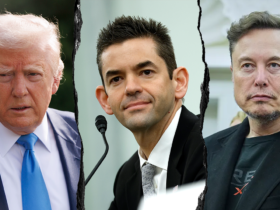
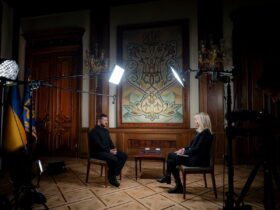
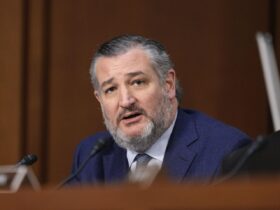
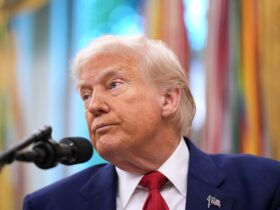
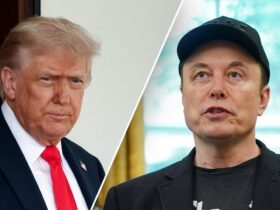
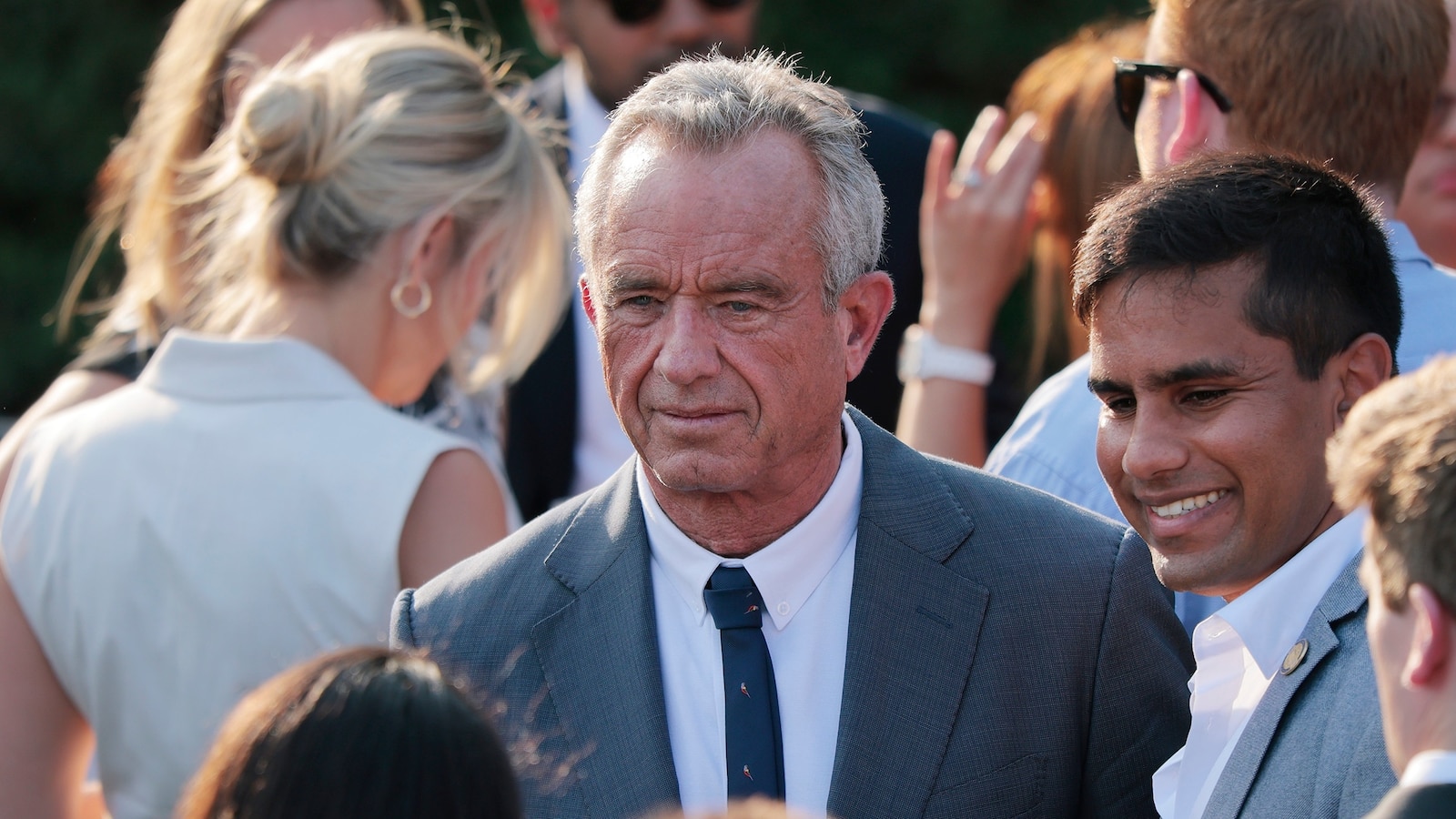





Leave a Reply